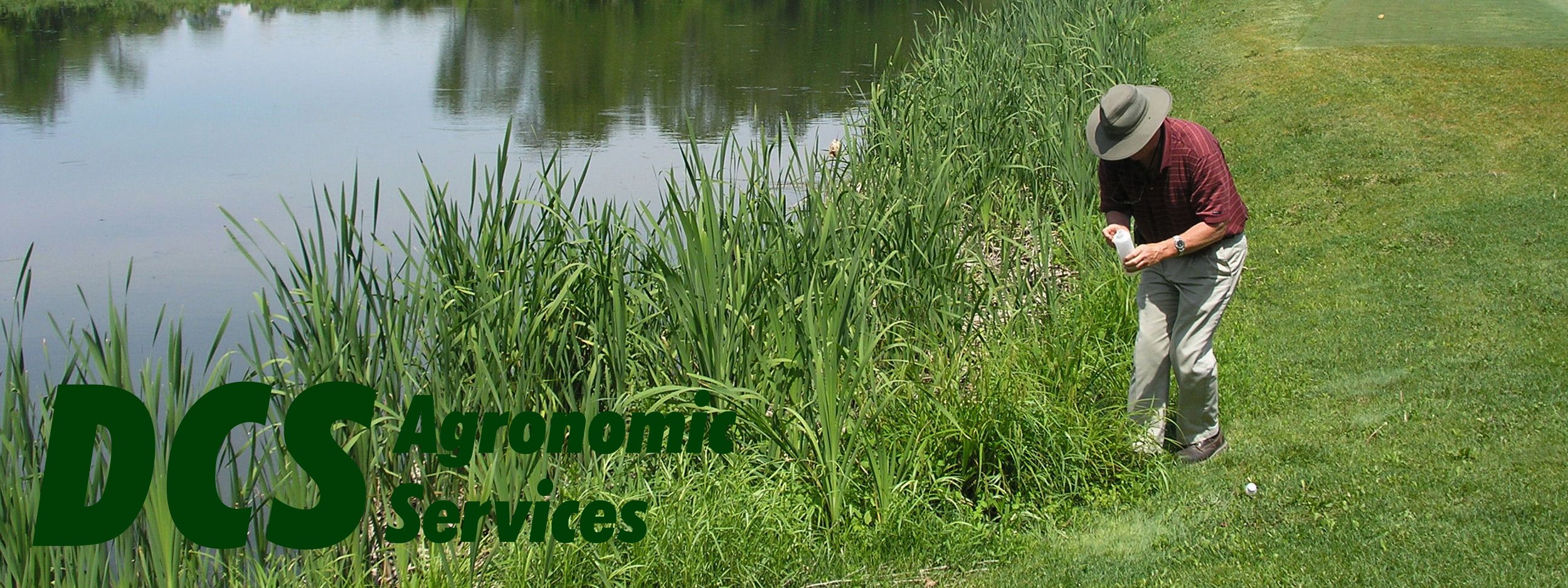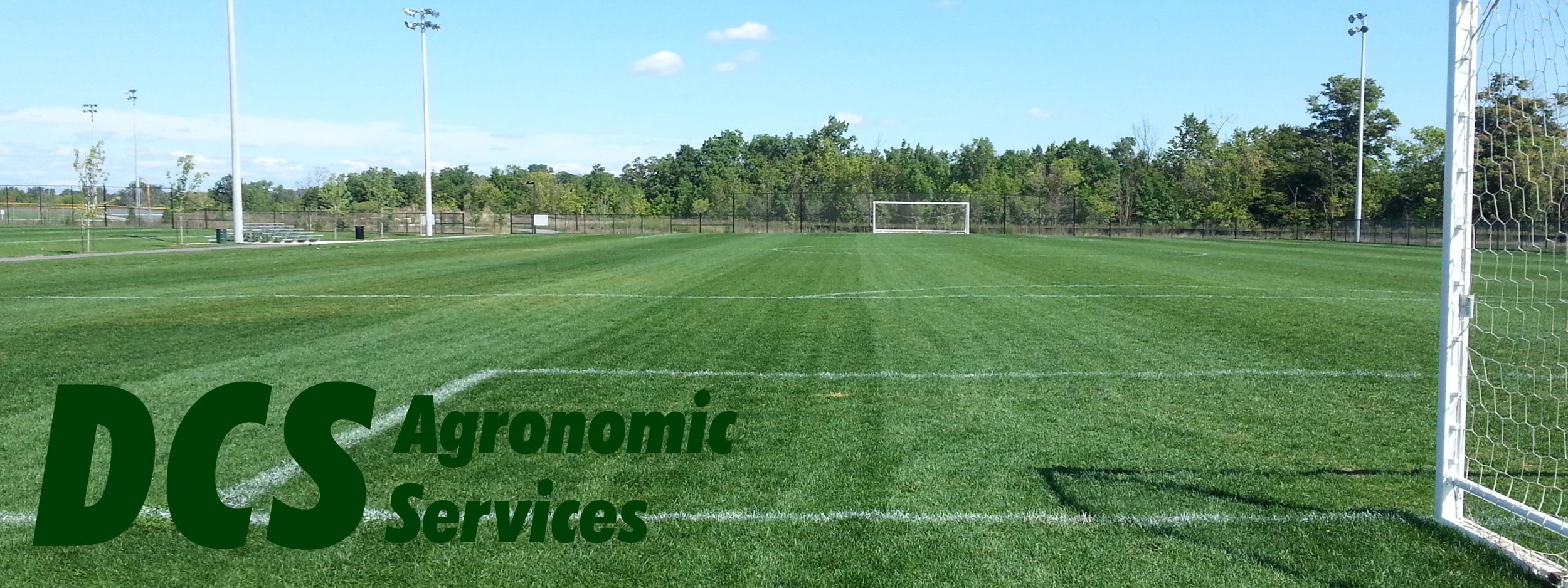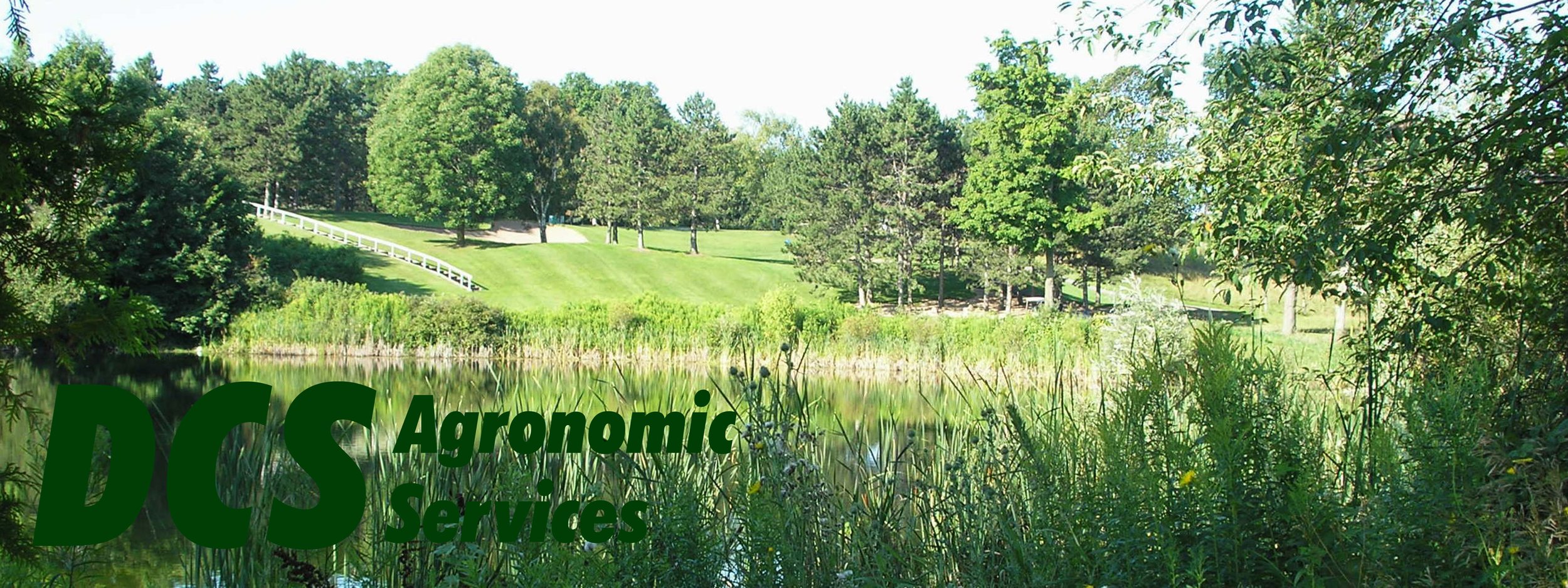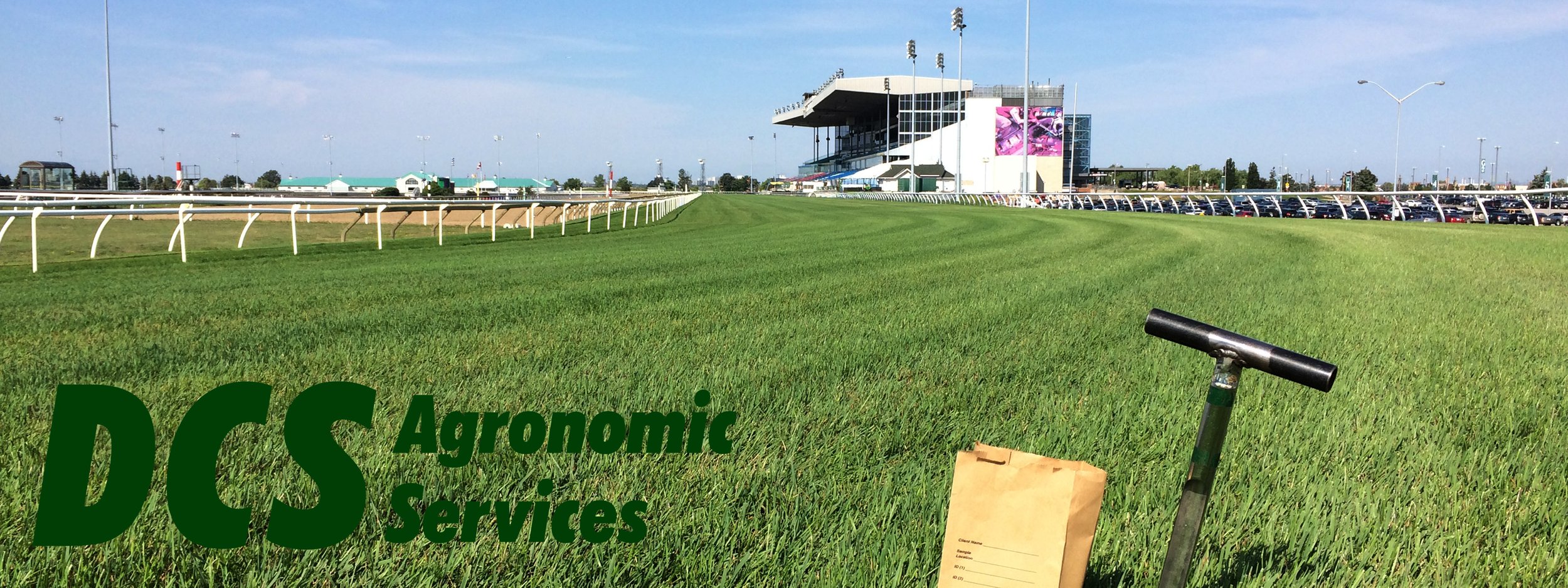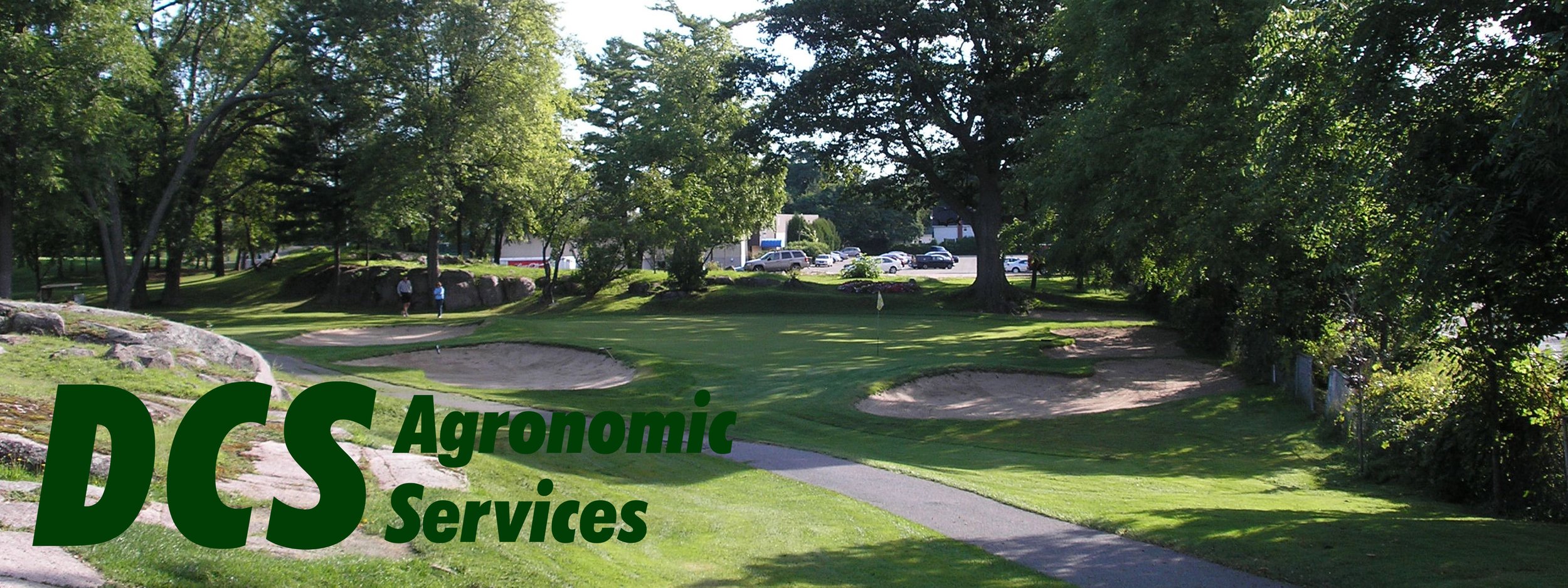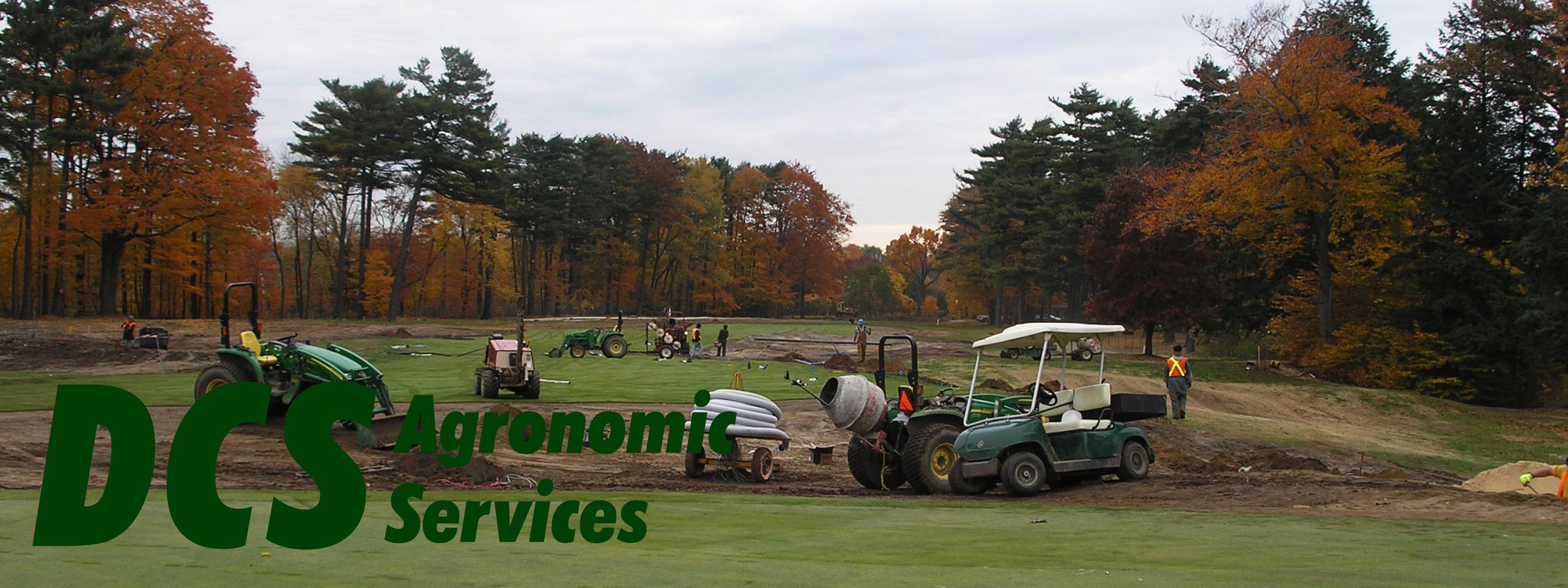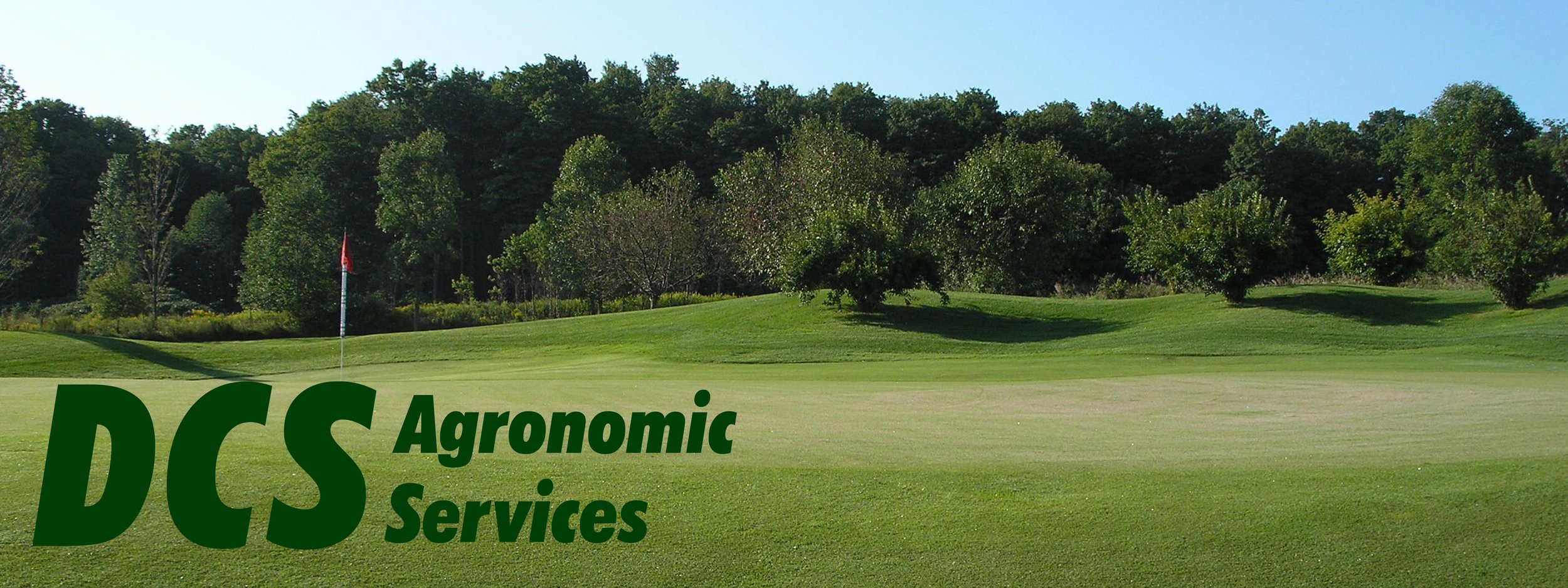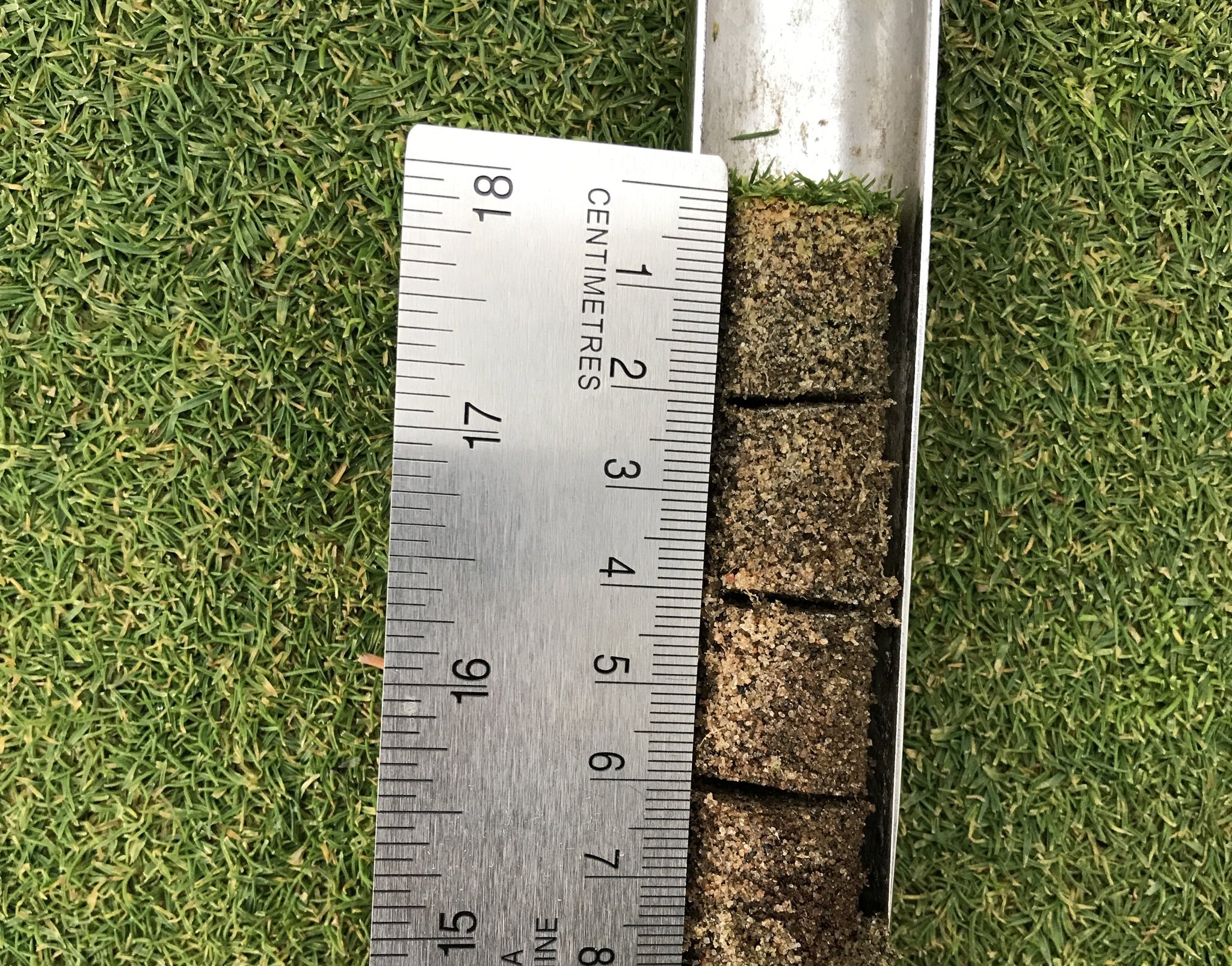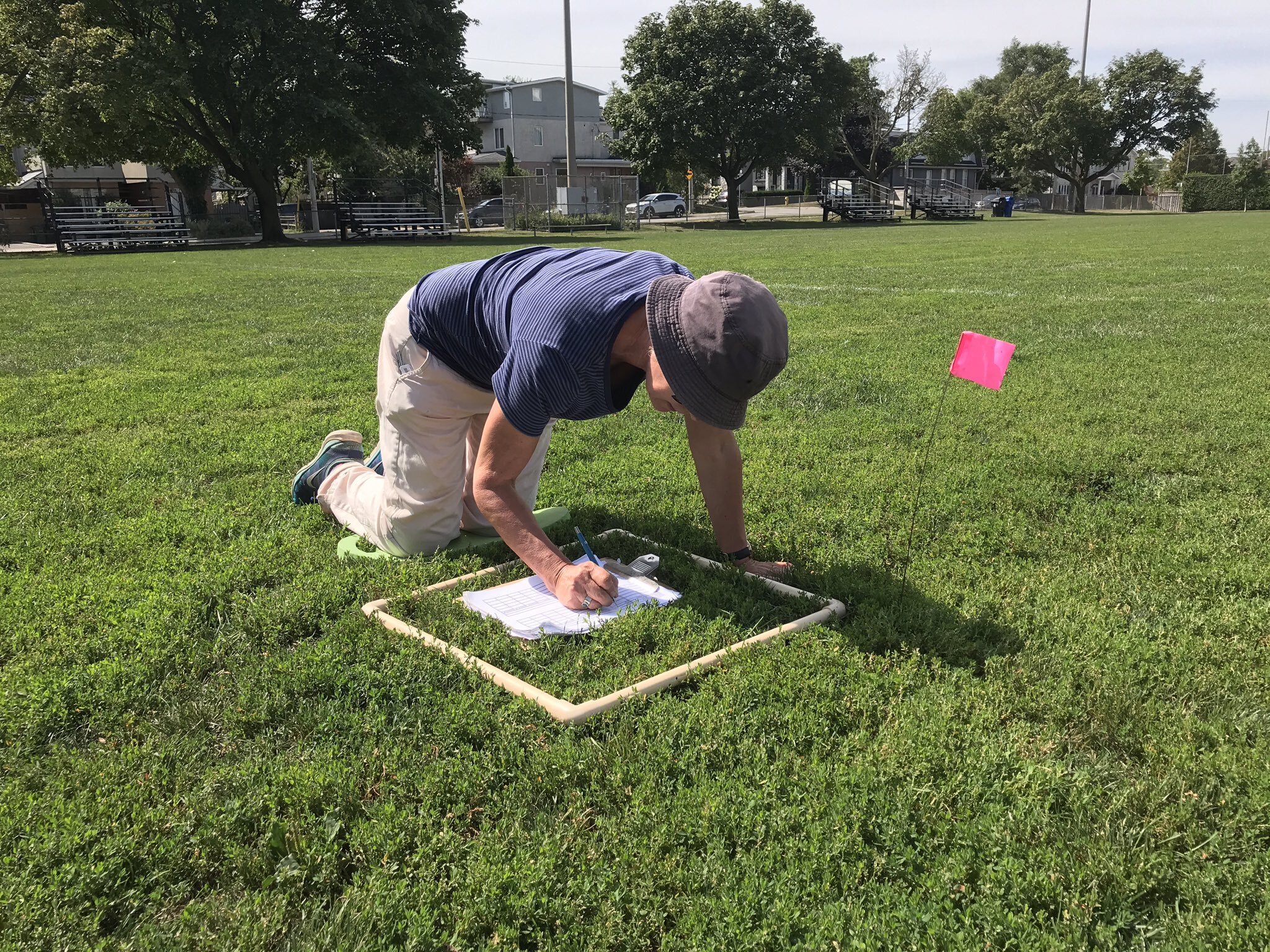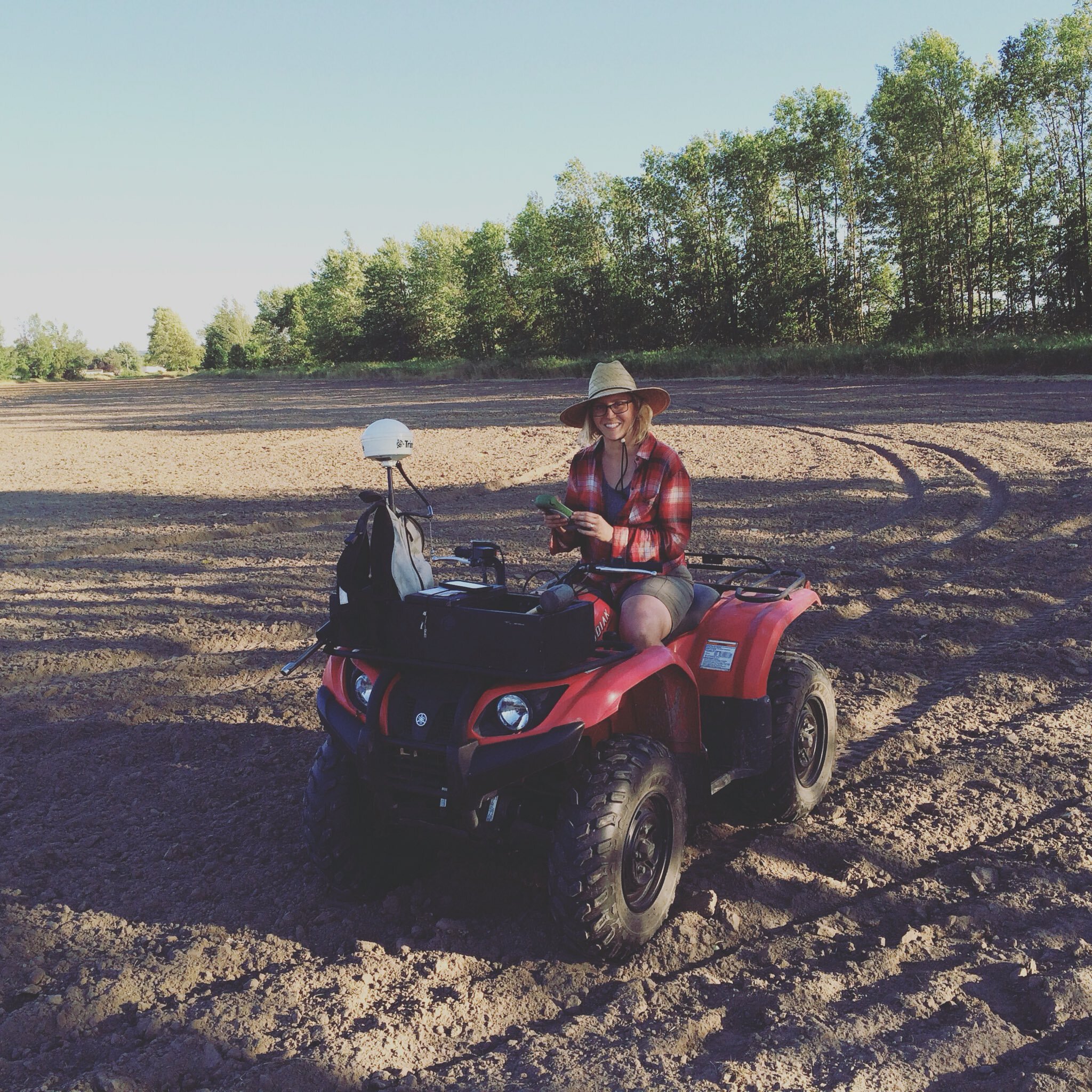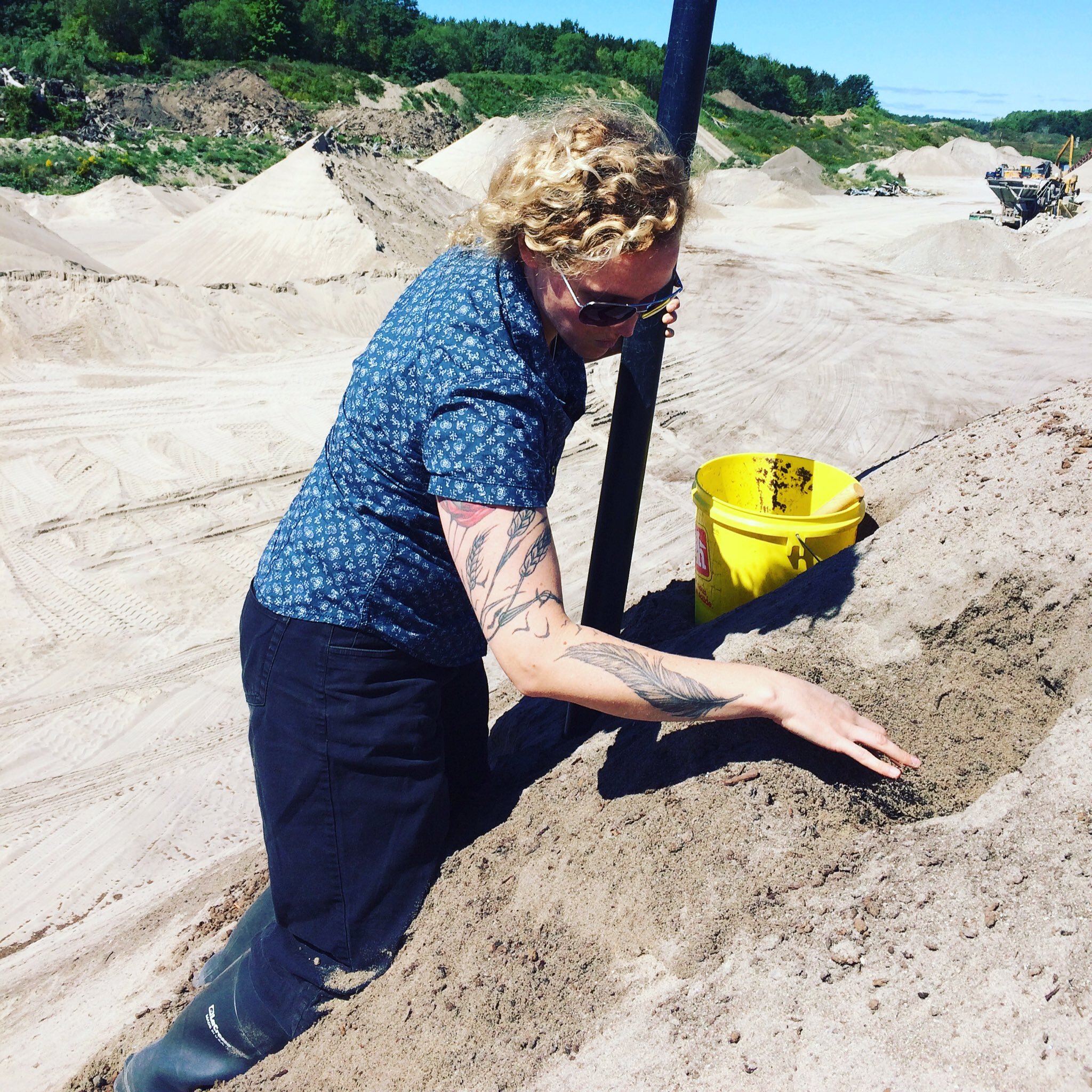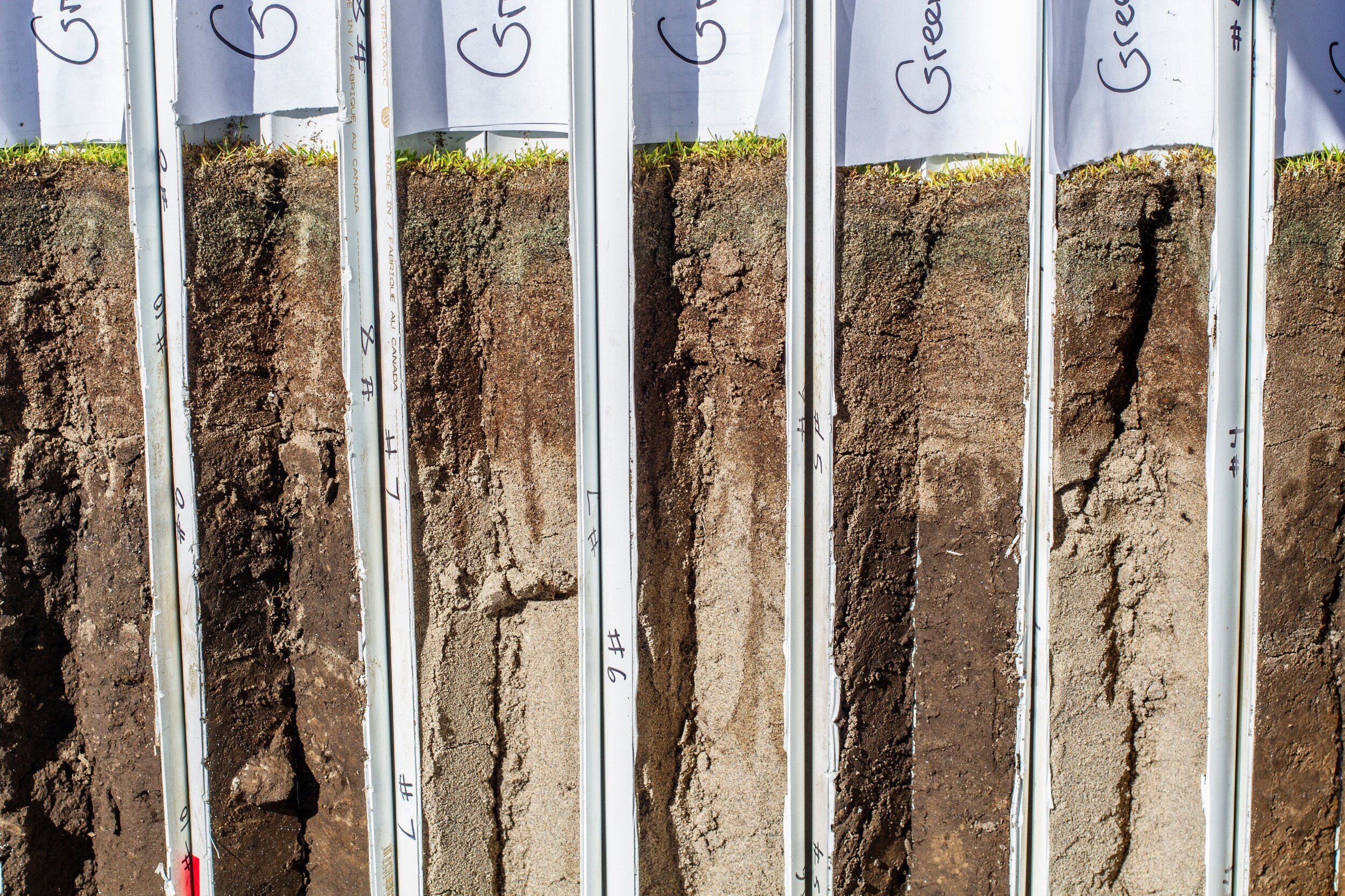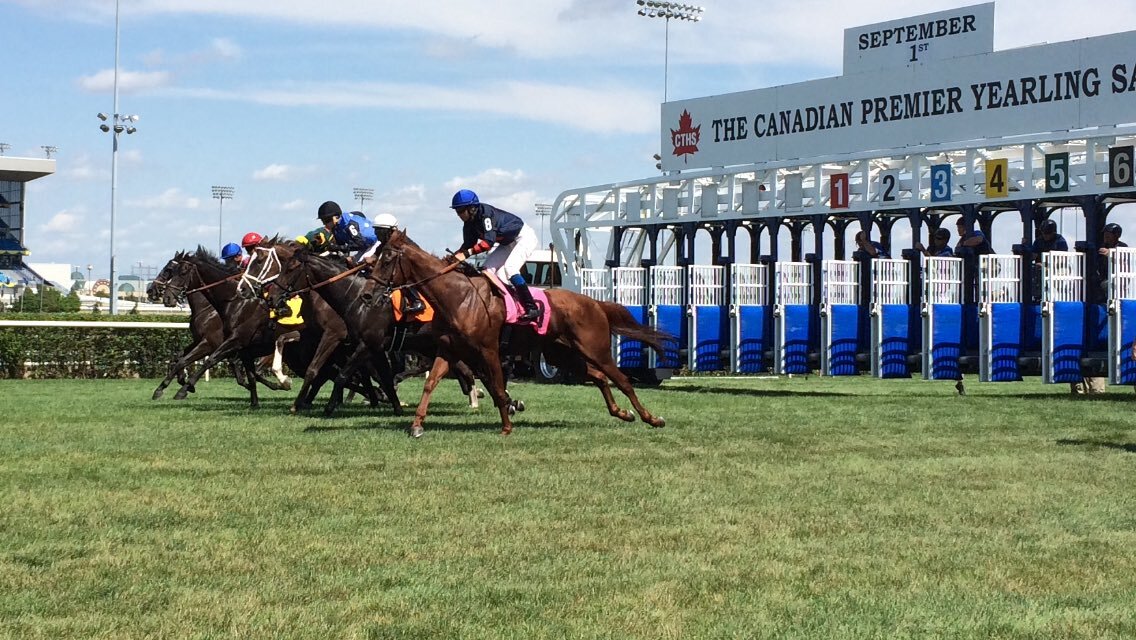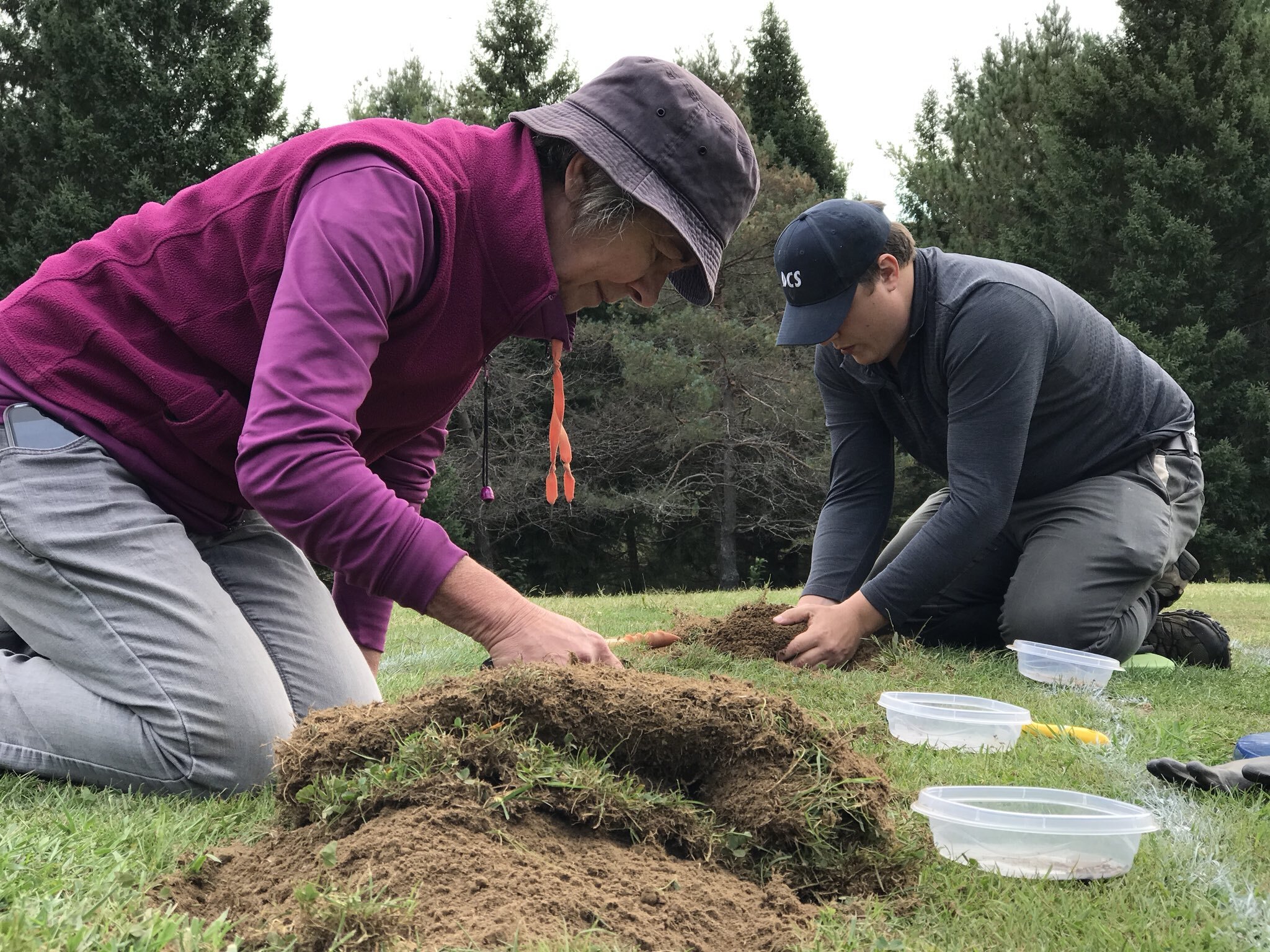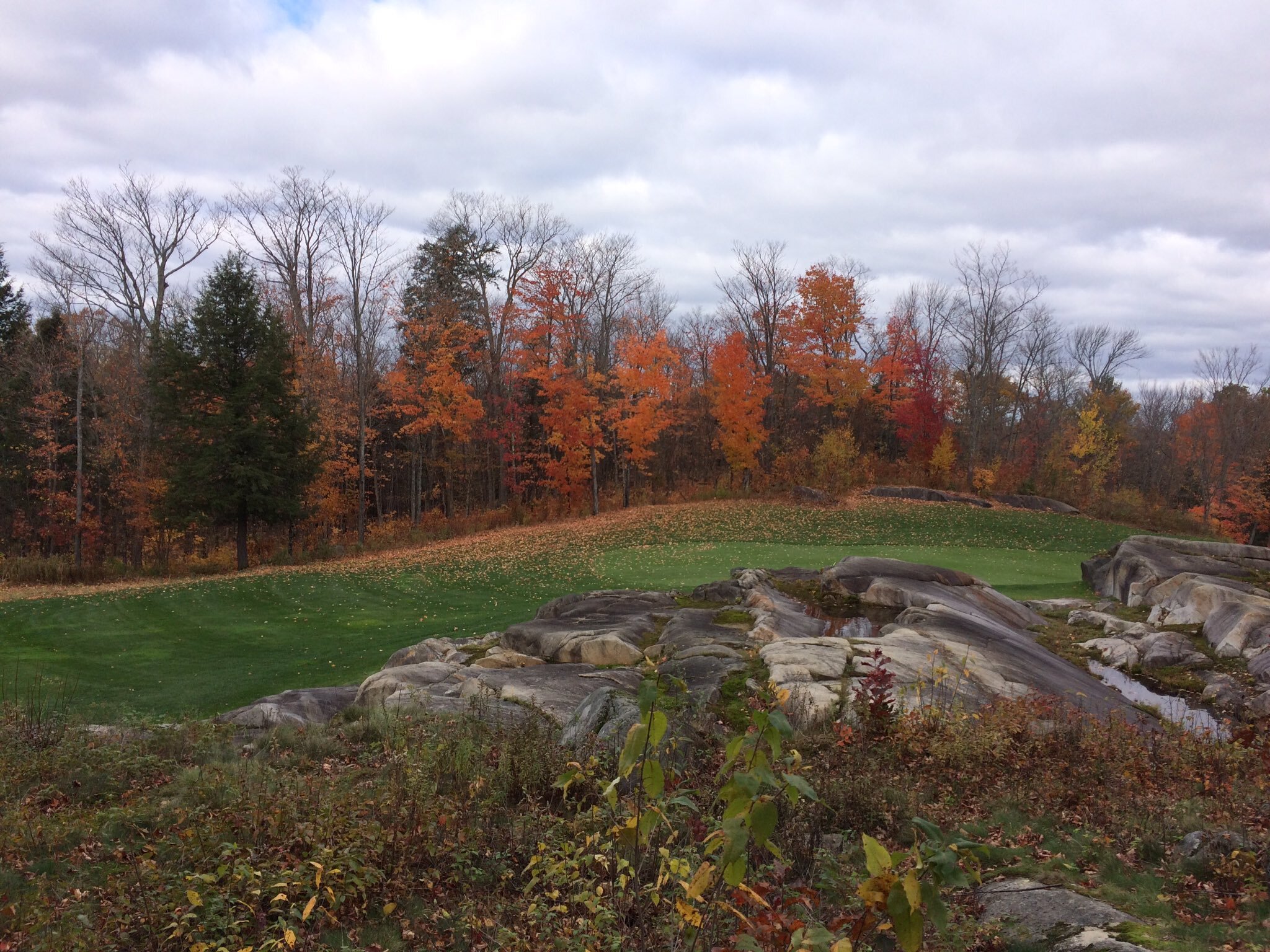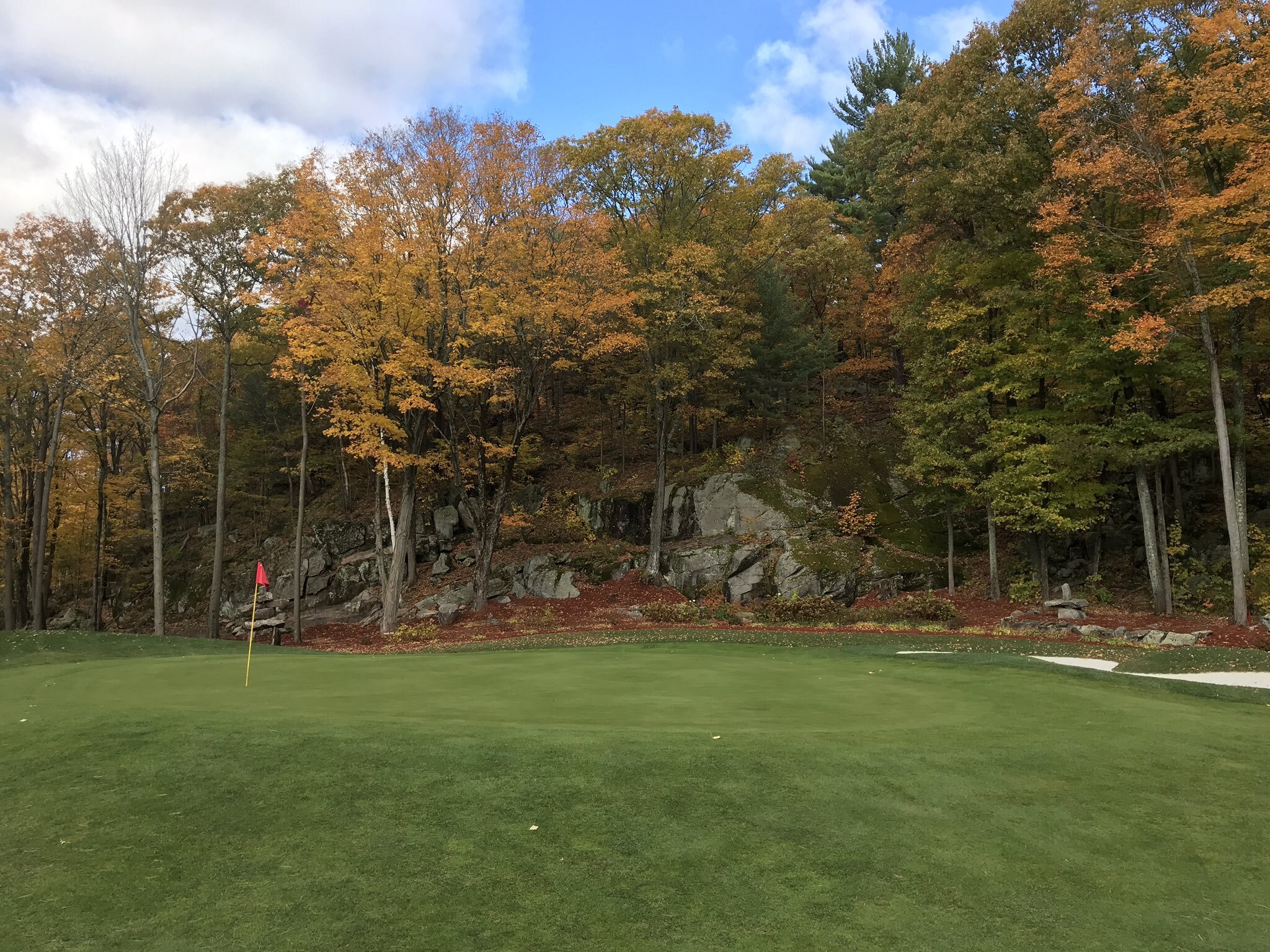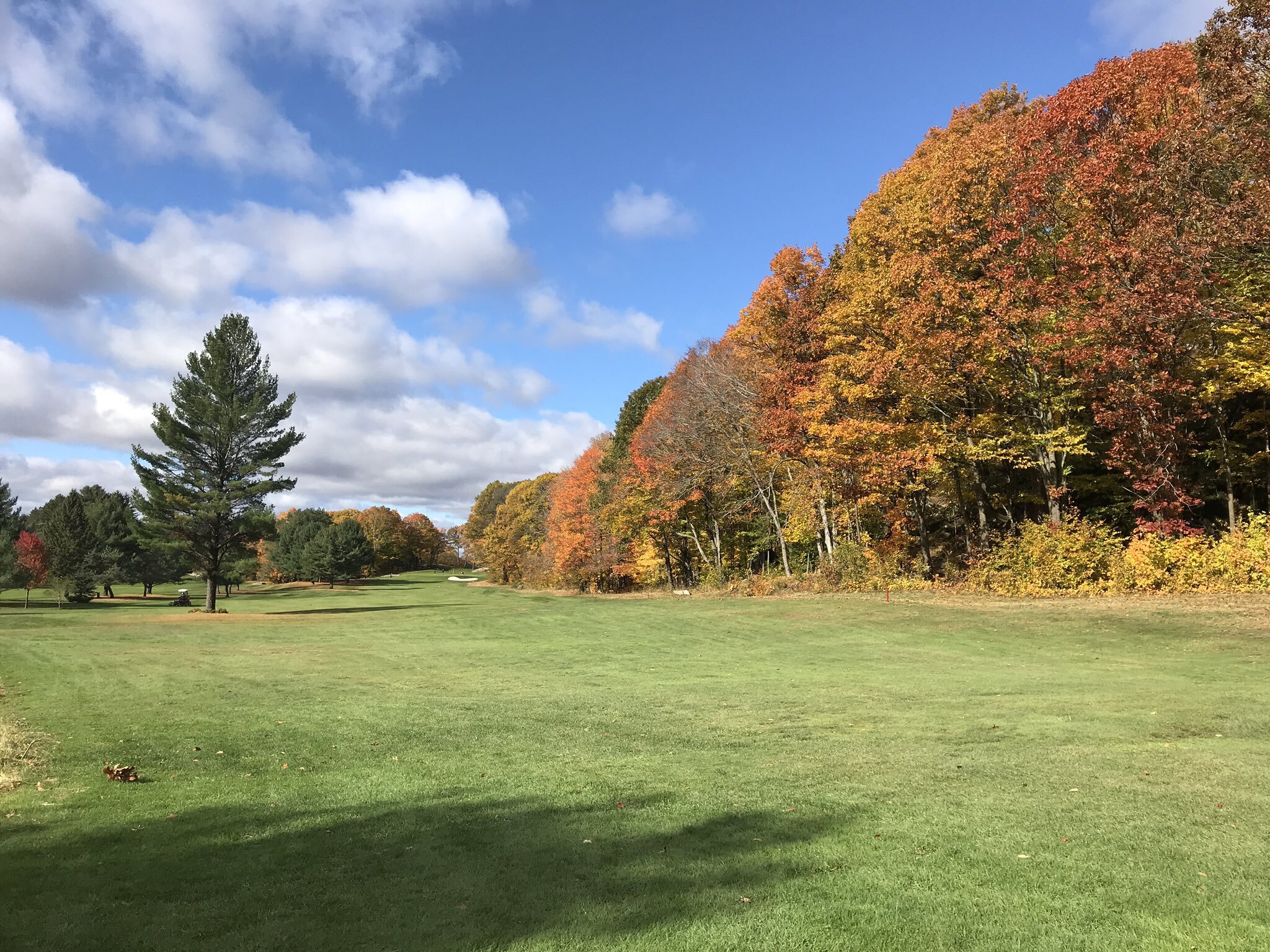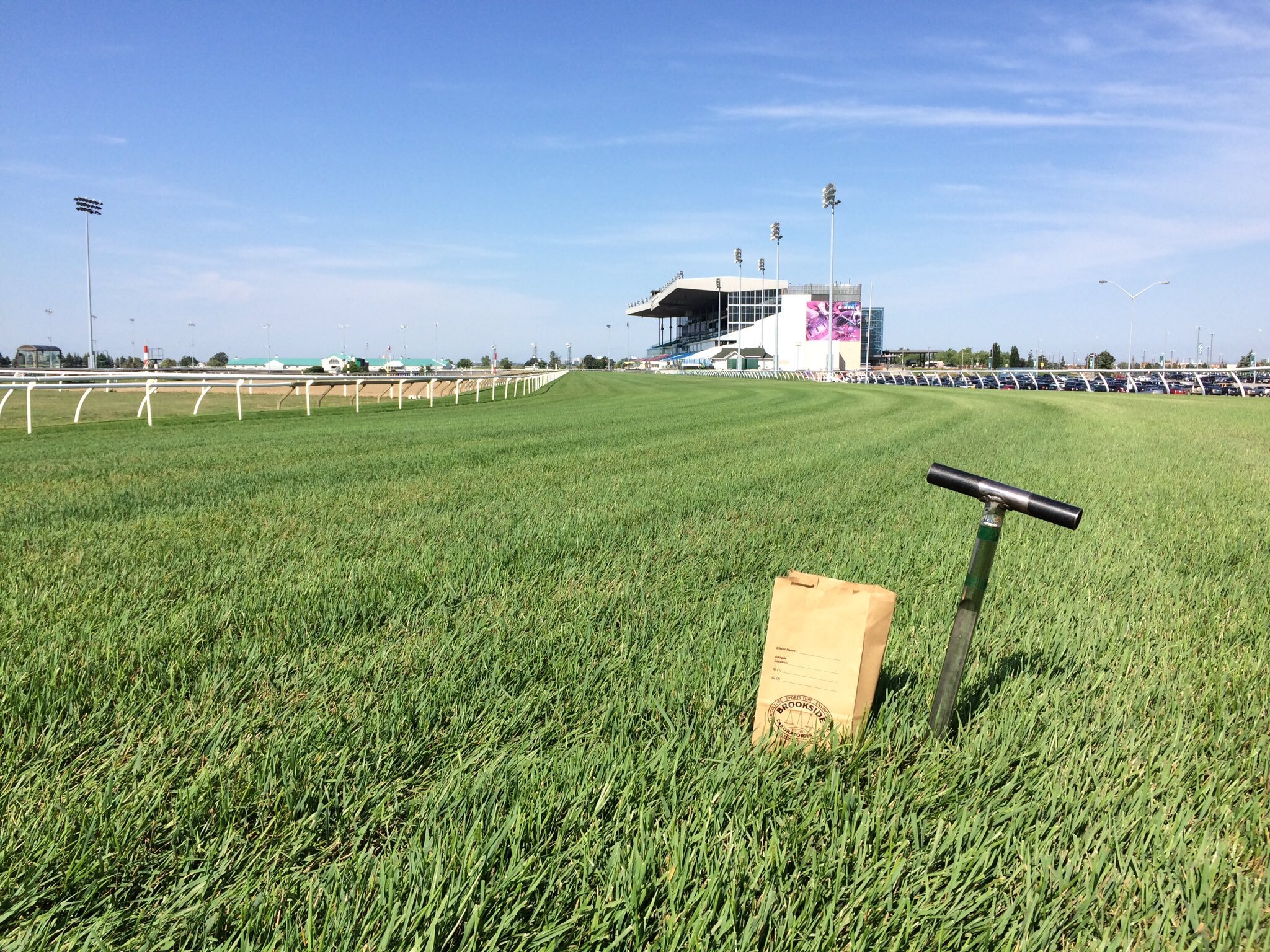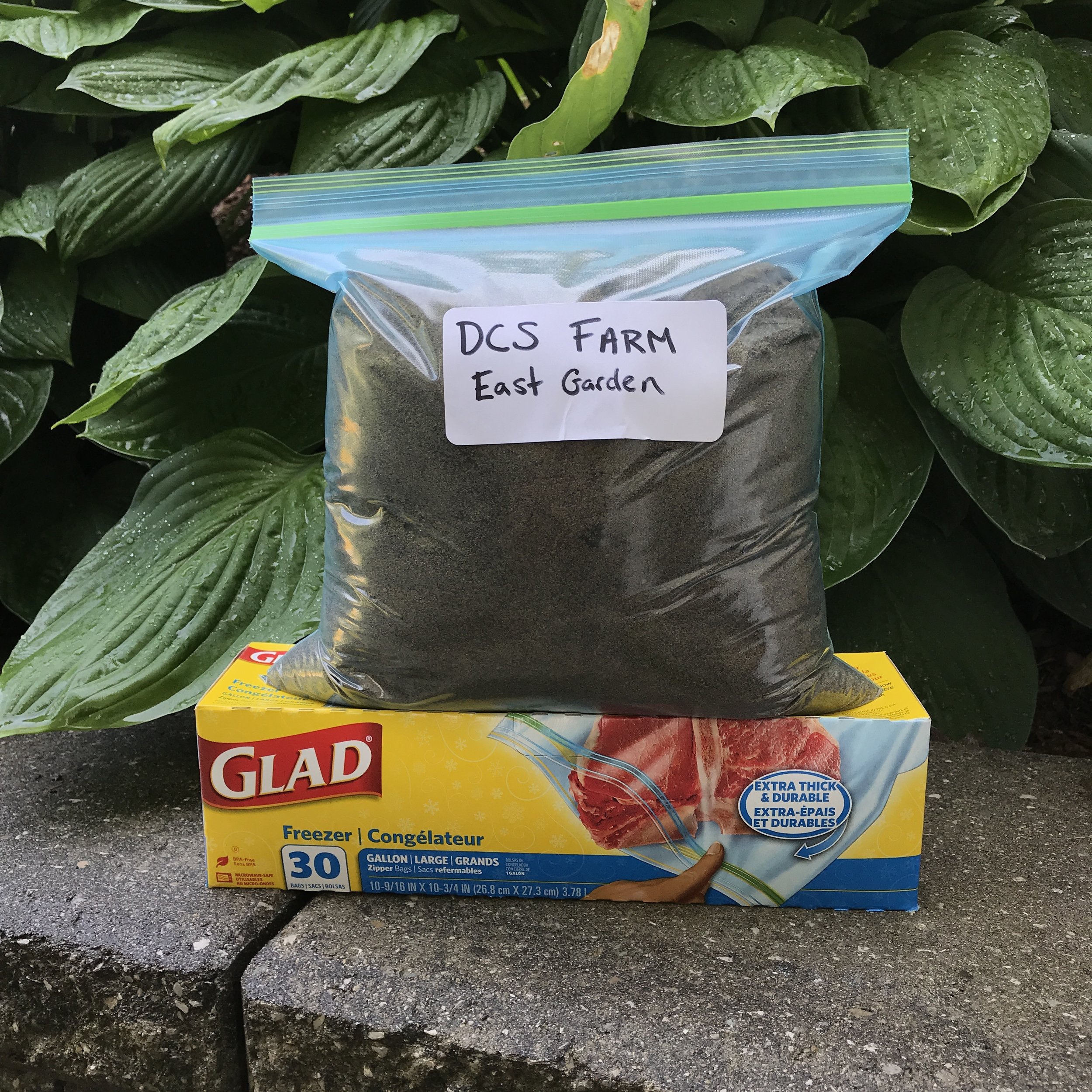TURFGRASS AND AGRONOMIC CONSULTANTS
Science Based • Client Focused
ATHLETIC FIELDS • GOLF COURSES • EQUINE TURF • PARKS • SOD • SOIL AND COMPOST
For over twenty-five years, DCS Agronomic Services has provided personalized, site-specific, unbiased consultation to park and athletic field managers, golf course superintendents, contractors, growing media developers, landscape architects and specialty growers. We’ve built our reputation on science-based agronomic advice and strong client relationships.
DCS imparts a holistic, all-factors-in approach to turfgrass and greenspace management. Together with our clients, we consider sunlight availability, soil physics and biology, fertility, compaction, irrigation water quality, topography, plant varieties and neighbouring vegetation. We help generate budget-minded, goal-oriented, sustainable solutions.
Our diverse team allows us to provide a range of services including nutrient recommendations, growing media design and construction specifications, project management, quality control, training, product trials, and equipment selection.
Experience and Science-Based Consultation
Our hands-on team works with you, from field to lab to spreadsheet, creating a site-specific, goal-oriented plan to improve and maintain plant health as well as growing media quality and function.
Laboratory testing is built into our consulting programs. This includes soil, growing media, water, tissue and environmental testing. We maintain relationships with a number of accredited labs and a diverse network of expert agronomists and scientists to ensure we can provide up-to-date unbiased advice. We keep our clients’ preferences, budgets and expertise in mind to develop nutrition and cultural management programs that fit.
Please click for more information on the following areas of specialization
Project Planning & Specification Development
With extensive experience in the development of new facilities across Eastern Canada, DCS acts as a partner and guide in the planning and construction of new golf courses, parks, athletic facilities and green spaces.
The DCS team regularly partners with landscape architects and facility managers to oversee many aspects of construction including growing media design and development; sod, plant, irrigation and drainage specifications and selection; RFPs; sourcing and testing construction materials; ongoing quality control; and turf maintenance recommendations.
Golf Turf
Since 1996, DCS has been helping superintendents and property managers throughout Eastern Canada achieve desired results for turf quality and surface playability. Using a holistic approach, we provide site evaluations as well as fleet and product assessments to assist in the development of site-specific fertility and cultural management plans.
Parks & Athletic Fields
DCS provides testing and consultation to over five hundred municipal and school athletic fields in Ontario. From builds and renovations to nutritional and cultural management, we are here to help you meet your goals for safe, smooth and consistent turf surfaces. In addition to athletic fields and baseball diamonds, we consult for parks, turf tennis courts, lawn bowling greens, cricket pitches and other high-maintenance surfaces.
Equine Turf
DCS & Associates is a leader in agronomy for equine turf racing surfaces, providing testing and consultation for turf horse racing tracks throughout North America. With an understanding of the conditions required for safe and consistent racing, we provide expertise in track rehabilitation, maintenance and construction.
Education & Training
DCS & Associates have provided workshops and presentations to maintenance teams, user groups, facility managers, decision makers, and conference attendees on an array of subjects relating to the construction and maintenance of turfgrass playing surfaces. From Lunch & Learn workshops to on-site equipment training, we are happy to create custom training programs and presentations to meet your needs.
Sod Production
We understand the sod industry and the clients it serves. DCS can help sod companies produce high-quality sod according to client specifications, efficiently and cost-effectively. We provide field-specific mapping and when necessary, we sample according to soil type, elevation and/or yield.
Soil, Compost & Mix Producers
We help mix suppliers develop and refine soil, growing media and compost products to meet client specifications and industry regulations.
Elevation Mapping
Working with our technology partners, we provide detailed topographical mapping for construction and renovation planning and to assess surface drainage issues as well as slope in consideration of playability. We also investigate cupping area options on golf greens. Ask us for more details.



